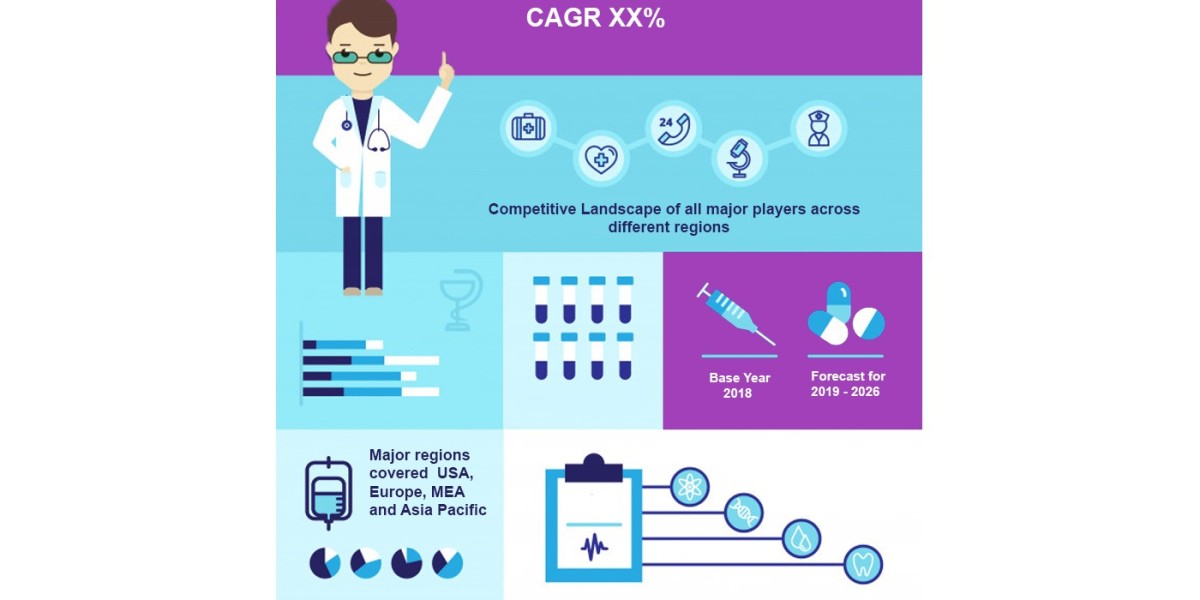In the ever-evolving landscape of diabetes management, the introduction of new treatment options offers hope and promise to millions of individuals living with this chronic condition. Gemigliptin, a novel antidiabetic medication, has emerged as a significant addition to the arsenal of therapies available for managing type 2 diabetes mellitus.
Understanding Gemigliptin: Mechanism of Action
Gemigliptin belongs to a class of medications known as dipeptidyl peptidase-4 (DPP-4) inhibitors. These drugs work by inhibiting the enzyme DPP-4, which plays a role in the breakdown of incretin hormones such as glucagon-like peptide-1 (GLP-1). By inhibiting DPP-4, gemigliptin prolongs the action of GLP-1, which in turn stimulates insulin secretion, reduces glucagon secretion, and improves blood glucose control in individuals with type 2 diabetes.
Efficacy and Safety: Clinical Evidence
Clinical studies have demonstrated the efficacy and safety of Gemigliptin as an antidiabetic therapy. In randomized controlled trials, gemigliptin has been shown to effectively reduce hemoglobin A1c (HbA1c) levels, fasting plasma glucose levels, and postprandial glucose excursions in patients with type 2 diabetes. Moreover, gemigliptin has a favorable safety profile, with low rates of hypoglycemia and minimal risk of adverse effects such as weight gain or edema.
Benefits of Gemigliptin: Beyond Glycemic Control
In addition to its primary role in glycemic control, gemigliptin offers several other benefits that make it a valuable addition to diabetes management. One key advantage of gemigliptin is its once-daily dosing regimen, which enhances convenience and adherence for patients. Furthermore, gemigliptin has a low potential for drug-drug interactions, making it suitable for use in combination with other antidiabetic medications. Additionally, gemigliptin is well-tolerated and can be used in a wide range of patient populations, including elderly individuals and those with renal impairment.
Potential Impact on Diabetes Care: Addressing Unmet Needs
The introduction of gemigliptin represents an important advancement in the field of diabetes care, particularly for individuals who may not achieve optimal glycemic control with existing treatment options or who experience intolerable side effects. By offering a well-tolerated, once-daily therapy with a low risk of hypoglycemia and favorable safety profile, gemigliptin addresses unmet needs in diabetes management and provides clinicians with an additional tool for tailoring treatment to individual patient needs.
Get more insights on Gemigliptin









